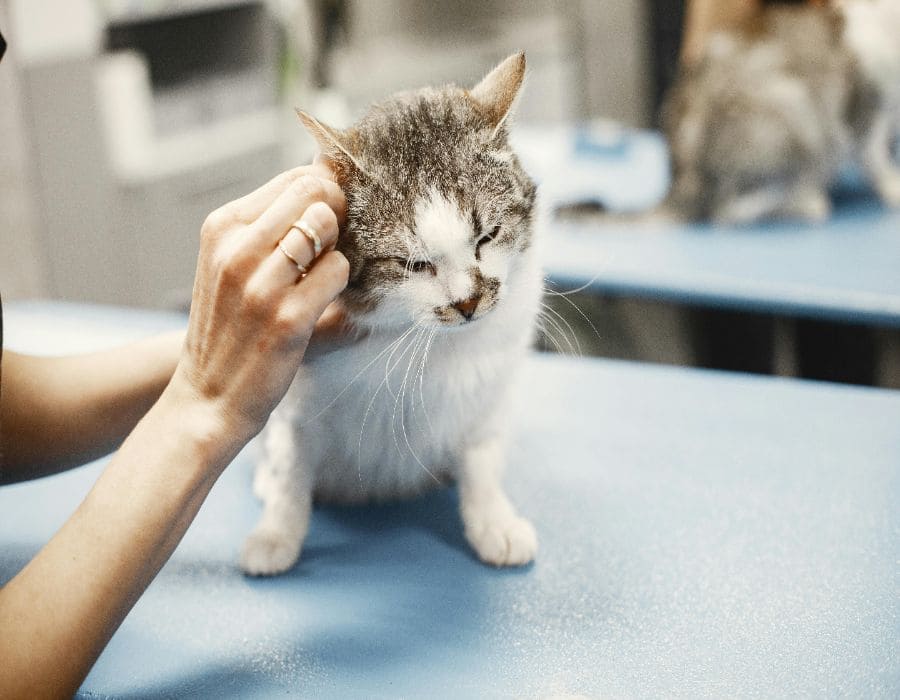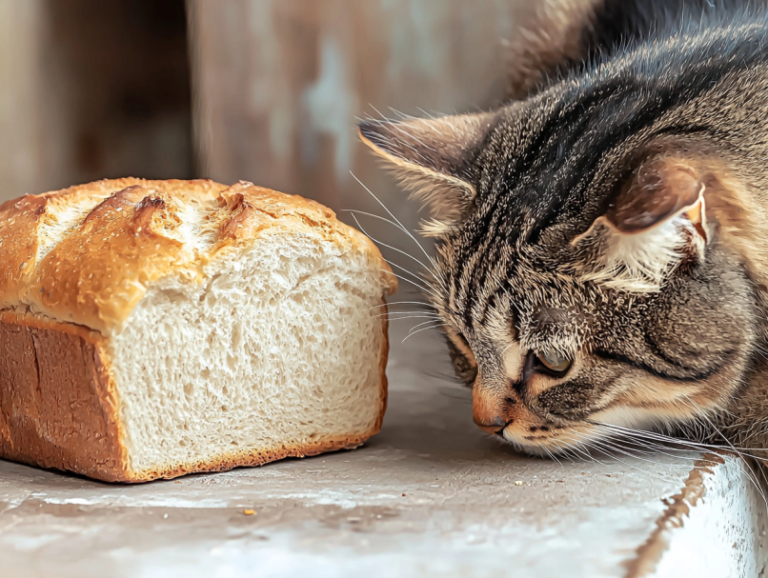10 Ways To Know If Your Cat Has Worms
Worm infestations are a common health concern for cats, especially for those who spend time outdoors or are not regularly treated for parasites. Recognizing the signs early can prevent further complications and help your feline friend feel better.
Cats with worms can experience a range of symptoms, from digestive issues to changes in behavior. Here are ten key signs that might indicate your cat has worms, and what you can do to help them recover.
Visible Worms in the Feces
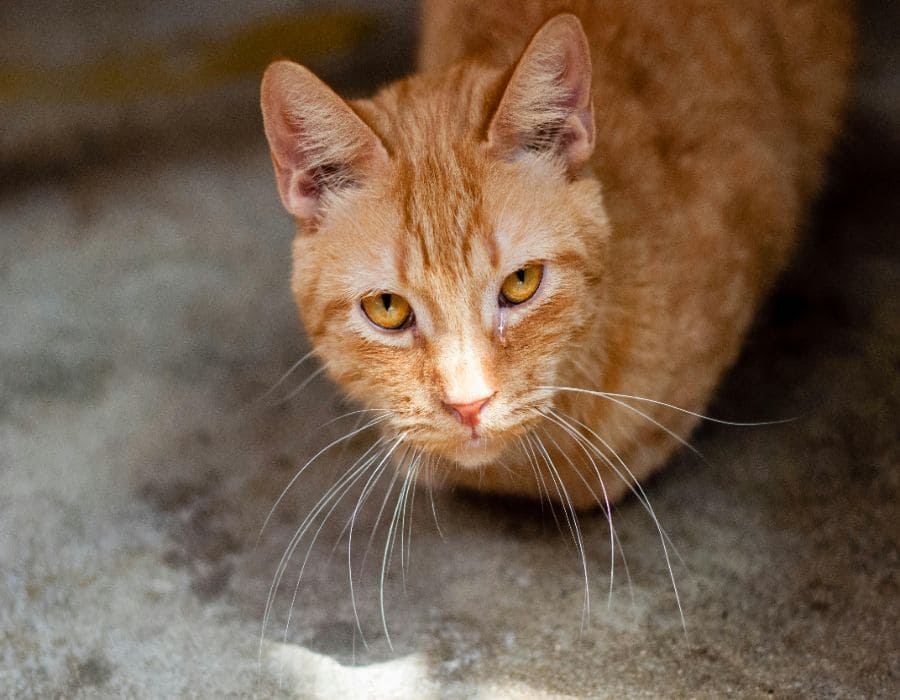
One of the most obvious signs of a worm infestation is seeing actual worms in your cat’s stool. Roundworms, tapeworms, and hookworms can sometimes be visible to the naked eye. If you spot worms, contact your vet for treatment.
Weight Loss

Despite a normal appetite, cats with worms often lose weight. Worms steal nutrients from your cat’s body, causing them to become lethargic and thin. If your cat is losing weight without explanation, it may be time for a vet visit.
Vomiting

If your cat is vomiting frequently, it could be a sign of worms. Worms, particularly roundworms, can cause gastrointestinal irritation, leading to vomiting. Pay attention to your cat’s behavior and contact the vet if vomiting becomes consistent.
Diarrhea
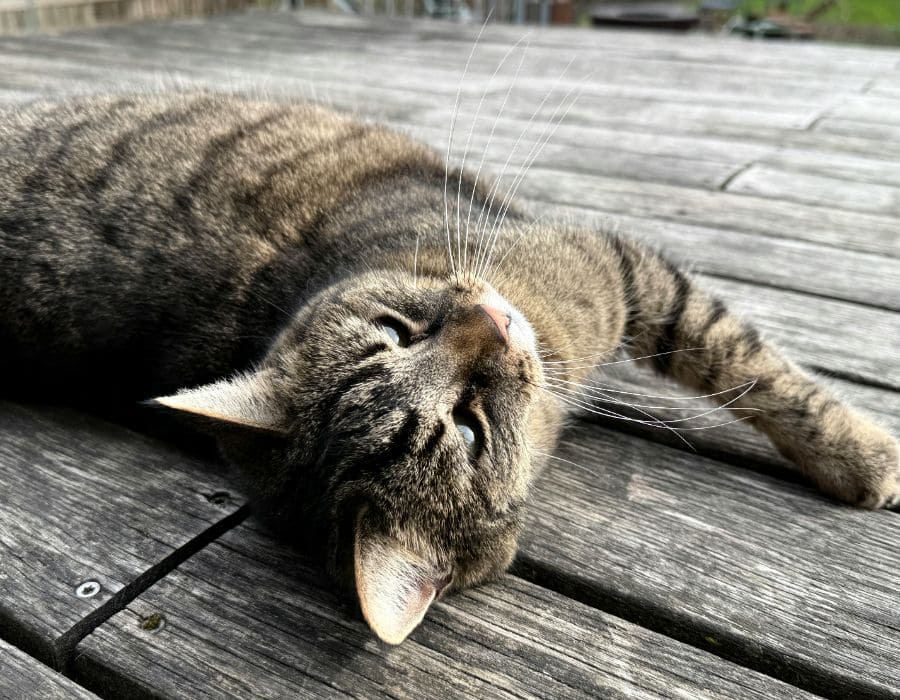
Frequent diarrhea or changes in stool consistency may indicate a worm infestation. In addition to worms, diarrhea can be a result of bacterial infections, but if your cat’s diarrhea persists, it’s a good idea to get them checked out by a vet.
Increased Appetite
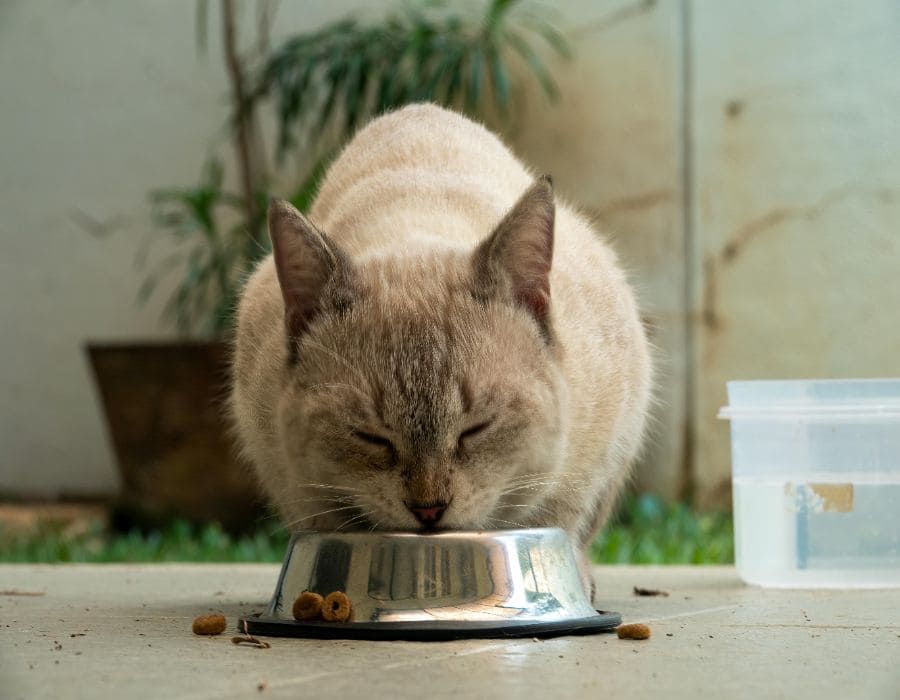
Although your cat may be eating more than usual, they can still lose weight due to worms. This is because the worms are taking the nutrients your cat consumes. If your cat’s appetite increases but their weight doesn’t, it could be a red flag.
Scooting on the Ground

Cats with worms, especially tapeworms, often scoot their rear end on the floor. This happens because they are experiencing irritation around their anus. It’s a clear sign that something is wrong, and you should seek veterinary advice.
Bloody Stools
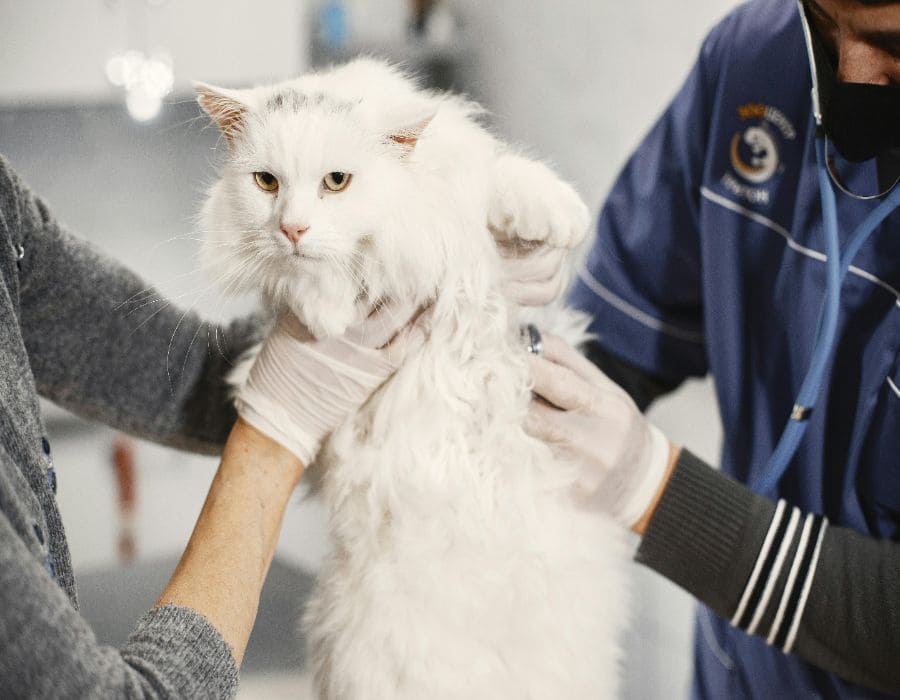
In severe cases, worms can cause internal damage to the intestines, leading to blood in the stool. If you notice any blood in your cat’s feces, it’s important to consult a vet immediately for proper diagnosis and treatment.
Lethargy

A sudden lack of energy or unusual lethargy can be a sign that your cat is suffering from worms. Worms can drain your cat’s energy by robbing their body of nutrients, leading to tiredness and a lack of interest in play or activity.
Coughing

Coughing can sometimes be a sign of lungworms, which can affect cats if they ingest worm larvae from contaminated food or water. If your cat is coughing or having difficulty breathing, it’s important to get them checked by a veterinarian.
Visible Worm Segments Around the Anus
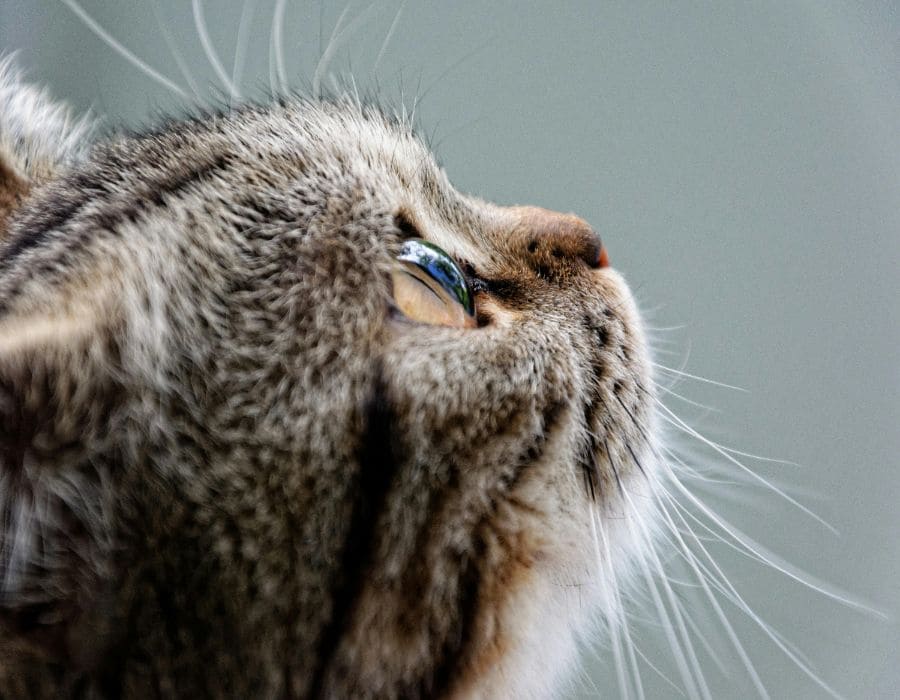
Tapeworm segments are often visible around your cat’s anus. These segments can appear as small, rice-like grains that are typically white or yellow. If you spot these, it’s a sign of tapeworms, and your cat needs treatment.
Final Thoughts
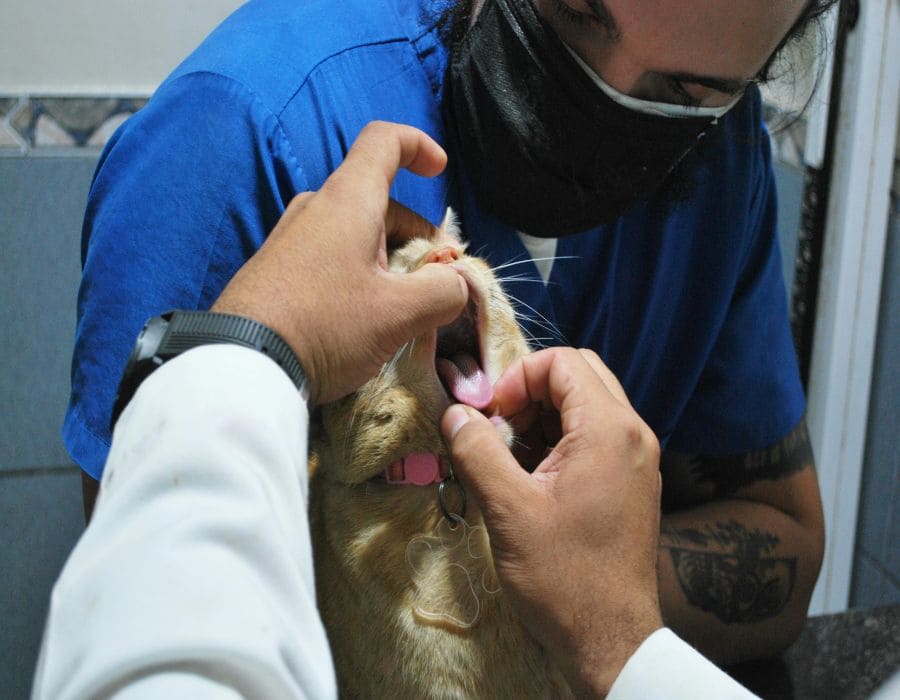
If your cat is showing signs of a worm infestation, it’s important to seek veterinary care promptly. Early detection and treatment can prevent further health complications and improve your cat’s quality of life. Regular deworming and good hygiene practices can help keep your feline friend healthy and worm-free.

